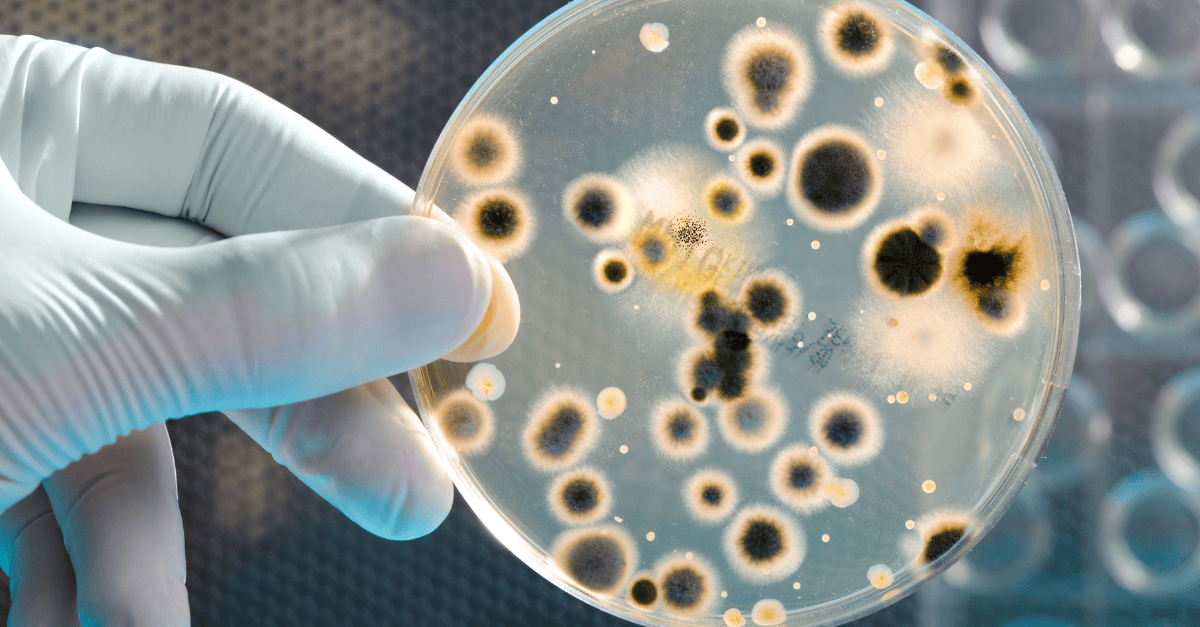
Biodegrading Unsaturated Polyesters
Introduction
Plastics, essential for various applications from boat hulls to bottles, have become a major environmental concern due to their widespread contamination. This project, led by Prof. Maria João Ramos at the Universidade do Porto, aims to study and enhance the biodegradation of unsaturated polyester plastics through the use of bacterial aryl acylamidases. By understanding the catalytic mechanisms of these enzymes, the project seeks to engineer more efficient polyester-degrading enzymes for industrial applications. Leveraging the computational power of MeluXina, this research will conduct QM/MM MD studies to provide insights into enzyme mechanisms, aiding in the development of sustainable biodegradation processes.
The Challenge of This Research
Addressing plastic contamination through biodegradation involves several challenges:
1. Complex Catalytic Mechanisms: Understanding the unknown catalytic mechanisms of bacterial aryl acylamidases that degrade unsaturated polyesters.
2. Enzyme Efficiency: Engineering enzymes to achieve higher degradation efficiency for practical industrial applications.
3. Computational Demands: Conducting QM/MM MD studies, which are computationally intensive and require high-performance computing resources.
The MeluXina Solution
To overcome these challenges, the project will utilize MeluXina’s advanced computational capabilities:
- QM/MM MD Simulations: Performing quantum mechanics/molecular mechanics molecular dynamics (QM/MM MD) simulations to study enzyme mechanisms at an atomic level.
- High-Performance Computing: Utilizing 141,579 node hours on MeluXina’s CPU partition to handle the extensive computational requirements.
- Collaborative Engineering: Working with experimental collaborators at the En’Zync center to produce mutated enzymes based on computational results, enhancing polyester degradation.
The Impact: Biodegrading Unsaturated Polyesters
The expected impact of this research includes:
- Environmental Benefits: Developing efficient enzymes for polyester biodegradation, contributing to the reduction of plastic pollution.
- Industrial Applications: Providing engineered enzymes that can be utilized in real-time industrial biodegradation processes.
- Scientific Advancements: Enhancing the understanding of enzymatic mechanisms involved in plastic degradation, contributing to the fields of biochemistry and environmental science.
Conclusion
This project represents a significant advancement in the field of plastic biodegradation, leveraging the computational power of MeluXina to achieve high-fidelity simulations of enzyme mechanisms. By focusing on the biodegradation of unsaturated polyester plastics, Prof. Ramos’s team aims to develop effective solutions for reducing plastic contamination. The outcomes will not only advance scientific knowledge but also provide practical tools for industrial applications, contributing to global sustainability efforts.


